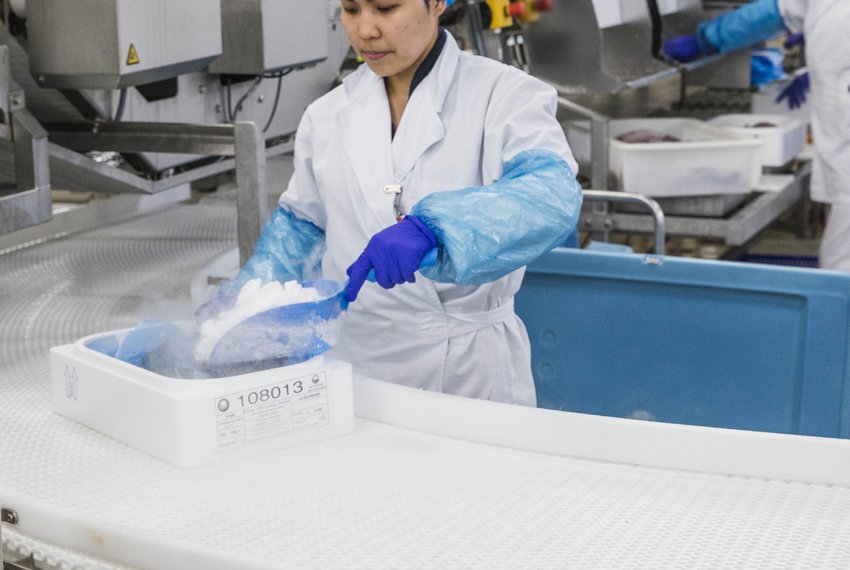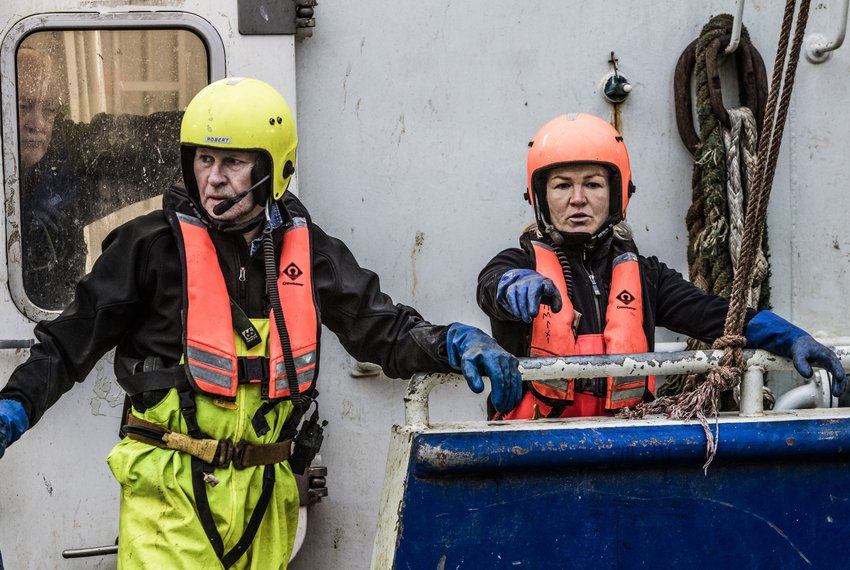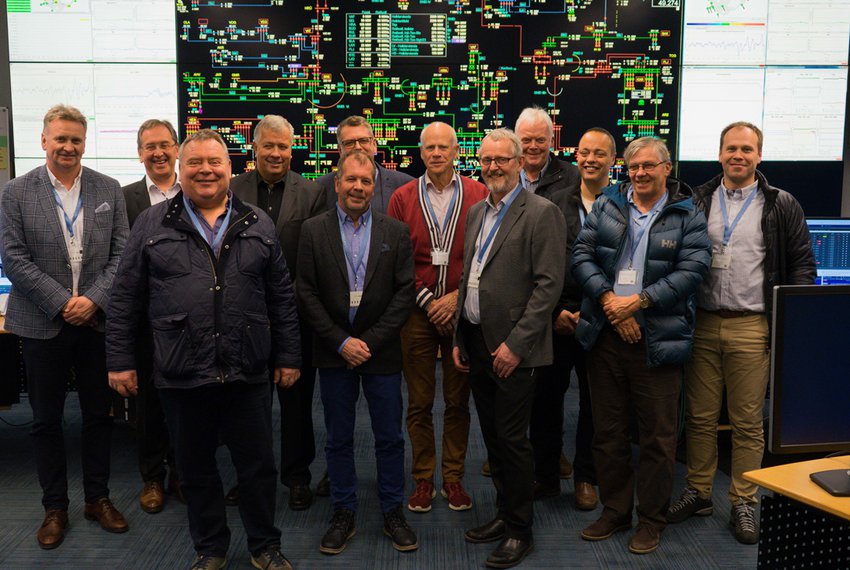CHANGES TO OPERATIONS
- The new vessels Akurey AK and Viðey RE replaced the wetfish trawlers Sturlaugur H. Böðvarsson AK and Ottó N. Þorláksson RE, which went on their last fishing expedition for HB Grandi.
- Brim hf. purchased all the shares that Vogun hf. owned in HB Grandi and came in as a new principal shareholder.
- Vilhjálmur Vilhjálmsson left during mid-year and Guðmundur Kristjánsson took over as CEO.
- The new organisational chart of HB Grandi was approved by the company’s Board of Directors. The structure of the company was simplified with the goal of concentrating on core activities.
- The fish farming company Salmones Friosour S.A. was sold around the middle of the year. HB Grandi owned a 20% shareholding in the company through Deris S.A. in Chile.
- During the latter part of the year, the decision was made to reorganise the operation of the company’s groundfish operations in Vopnafjörður. The company intends to continue to operate in Vopnafjörður between seasonal operations, and an examination is being made of the best manner in which this can be achieved.
- At the beginning of November, a shareholders’ meeting approved HB Grandi’s purchase of Ögurvík ehf., which operates the freezer trawler Vigri RE. Vigri RE has one of the highest catch quotas in the Icelandic fishing fleet, with 7,680 tonnes of groundfish and 1,663 tonnes of mackerel, based on its allocation in 2018.
- In November, the Board of Directors examined the possibility of selling a new trawler currently under construction in Spain.
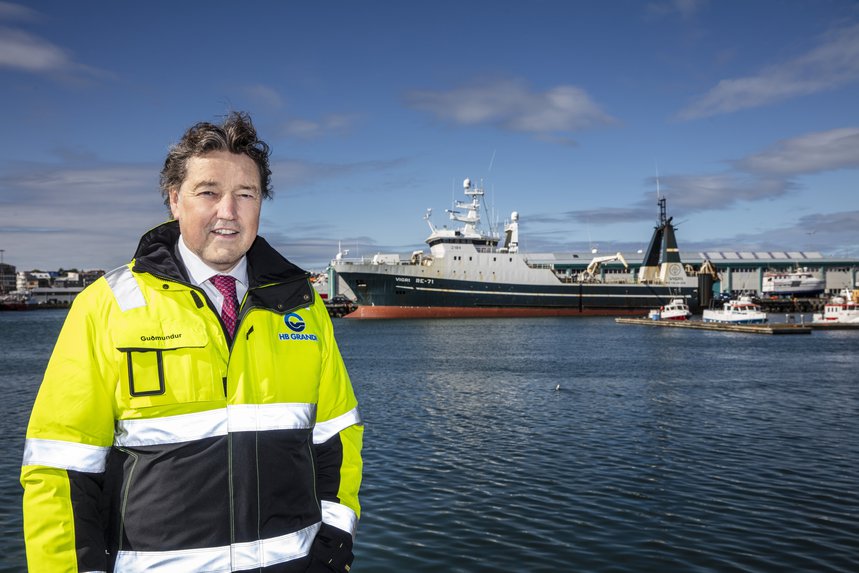
DAILY OPERATIONS
- The implementation of the environmental management system of HB Grandi continued.
- A new educational system, Eloomi, was purchased. All HB Grandi employees will have access to the system and appropriate education.
- HB Grandi and Norðanfiskur completely ceased sending polystyrene (EPS or expanded polystyrene) to landfills, with the attendant environmental impact. Instead, all EPS is now compacted by 95% and the first container is ready for export.
- Smart containers and smart scales had been installed in all HB Grandi sorting stations by the beginning of the year.
- Preparations for equal pay certification continued, although the work has taken longer than anticipated.
- The preparation of a personal privacy policy for the company was completed and published on its website.
- Workplace, a dynamic communications and collaboration tool, was implemented at the beginning of the year to link together the operating units of HB Grandi on land and at sea and to shorten communication lines.
- During the first quarter, a new and fully equipped packaging station for frozen products was brought into service in Ísbjörninn, the company’s freezer storage facility.
- A new quay was opened in mid-year at the company’s fish processing plant at Norðurgarður in Reykjavík, greatly improving all facilities for off-loading catches.
- Powerful land connections were installed in the new quay. This means that the company’s wetfish vessels can connect to both water and heating utilities when in port.
- Some experience has now been gained in the use of the new wetfish trawlers. After a rocky start, the vessel and its equipment have met expectations, and with the arrival of these new vessels, the company can take a leap into a new and more modern future.
- HB Grandi and Íslensk Orkumiðlun signed an agreement on electricity trading effective as of 1 January 2019. The agreement involves energy sales to all HB Grandi operating units, amounting to 65 GWh per year (corresponding to the electricity use of approximately 15,000 homes).
- The HB Grandi Safety Day was held in November 2018.
- HB Grandi was named outstanding organisation by Creditinfo in 2018. HB Grandi has been on this list since 2010.
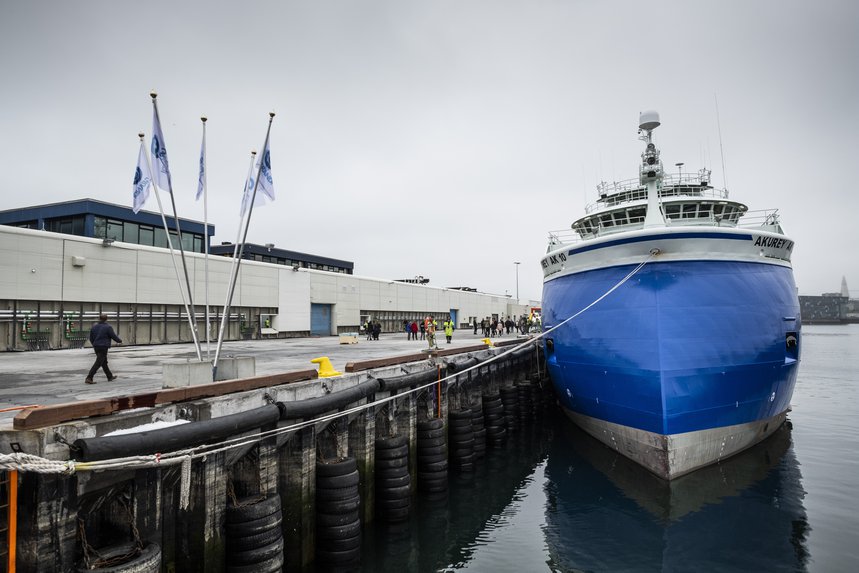
ISSUES
This section addresses a number of issues that have arisen in 2018.
It is the stated policy of HB Grandi to engage in responsible marine produce value creation. This means maximising the value of the shared natural resources that the company is entrusted with and doing so in an economical and profitable manner.
The history of HB Grandi has been characterised by change, innovation and technological development. The company intends to continue to shape the future of sustainable fisheries in Iceland.
HB Grandi intends to set a good example in the community, and company staff strive to be a credit to the company in all their work. Discussions on social responsibility arise regularly when the company is faced with changes to its operations. All changes that the company decides to adopt, even if such changes prove to be controversial, are intended to strengthen the company as a whole and ensure its continued success and that of those who work there.
